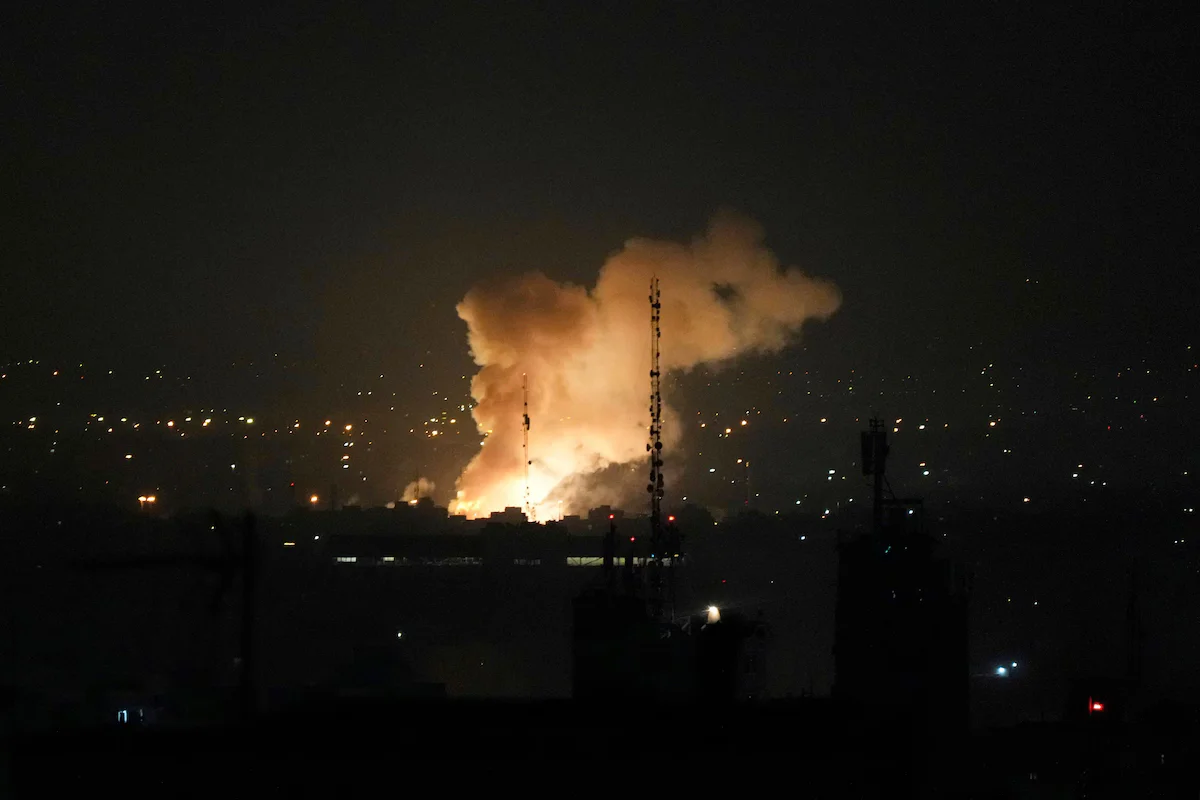Israel targeted Iran’s nuclear and military facilities, including Natanz, following US warnings of possible conflict. Tehran and surrounding areas reported explosions, casualties, and airspace closures amid escalating hostilities.
Israel Conducts Major Strikes on Iran’s Nuclear and Military Facilities
On Friday, Israel launched a series of strikes against key Iranian nuclear and military sites, escalating tensions in the Middle East following warnings from US President Donald Trump about a potential “massive conflict” in the region. Prime Minister Benjamin Netanyahu confirmed that the operation targeted the core of Iran’s nuclear enrichment program, focusing particularly on the atomic facility at Natanz.
Key Iranian Officials Reported Killed in the Attacks
An Israeli security official claimed that Iran’s Chief of Staff, Mohammad Bagheri, was “likely eliminated” in the strikes. Iranian state media reported the death of Revolutionary Guards’ leader Hossein Salami and civilian casualties, including women and children, due to attacks on residential areas in Tehran.
Widespread Impact: Explosions, Airspace Closures, and Emergency Declarations
Explosions and fires were observed at significant Revolutionary Guards’ sites, while explosions echoed in Natanz, a city central to Iran’s nuclear activities. Tehran’s Imam Khomeini International Airport temporarily halted air traffic, and neighboring Iraq closed its airspace entirely. Israel declared a state of emergency, closed its own airspace, and prepared for possible retaliation.
Israeli Officials Warn of Imminent Iranian Retaliation
Defense Minister Israel Katz warned citizens of a likely missile and drone response from Iran targeting Israeli civilians. Military sources stated that Iran possessed the capability to strike Israel at any moment, heightening security alerts throughout the region.
Global Reactions and Economic Impact
Oil prices surged by up to eight percent following the attacks, while global stock markets experienced declines amid concerns over the conflict’s escalation. The United States has begun drawing down staff in the region. President Trump indicated that while a nuclear deal with Iran was close, Israeli military actions could jeopardize the agreement.
US Officials Urge Restraint
Secretary of State Marco Rubio cautioned Iran against targeting US personnel or interests in response to the Israeli strikes, clarifying that the United States was not directly involved in the recent military action.
Background: Nuclear Deal Fallout and Regional Conflict
The strikes come against a backdrop of deteriorating diplomacy following the US withdrawal from the 2015 Iran nuclear deal under President Trump, which led to reinstated sanctions on Iran. The UN’s International Atomic Energy Agency recently accused Iran of failing to comply with its obligations, prompting calls for renewed sanctions by European countries.
Iran has responded defiantly, announcing plans to open a new uranium enrichment center and upgrade its enrichment technology to advanced sixth-generation machines at the Fordo facility. Current uranium enrichment levels stand at 60 percent, far exceeding the 2015 deal’s limits and approaching weapons-grade levels.
Looking Ahead
The situation remains volatile as international leaders urge caution while monitoring potential retaliatory actions. The conflict between Israel and Iran continues to influence broader geopolitical stability and global energy markets.




